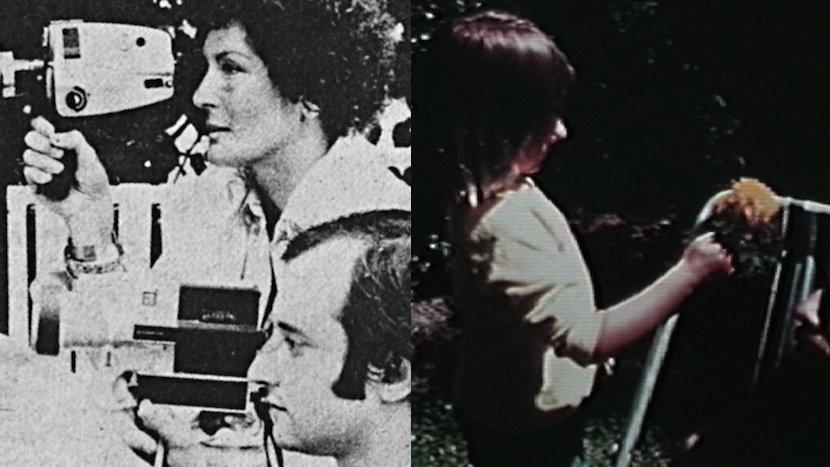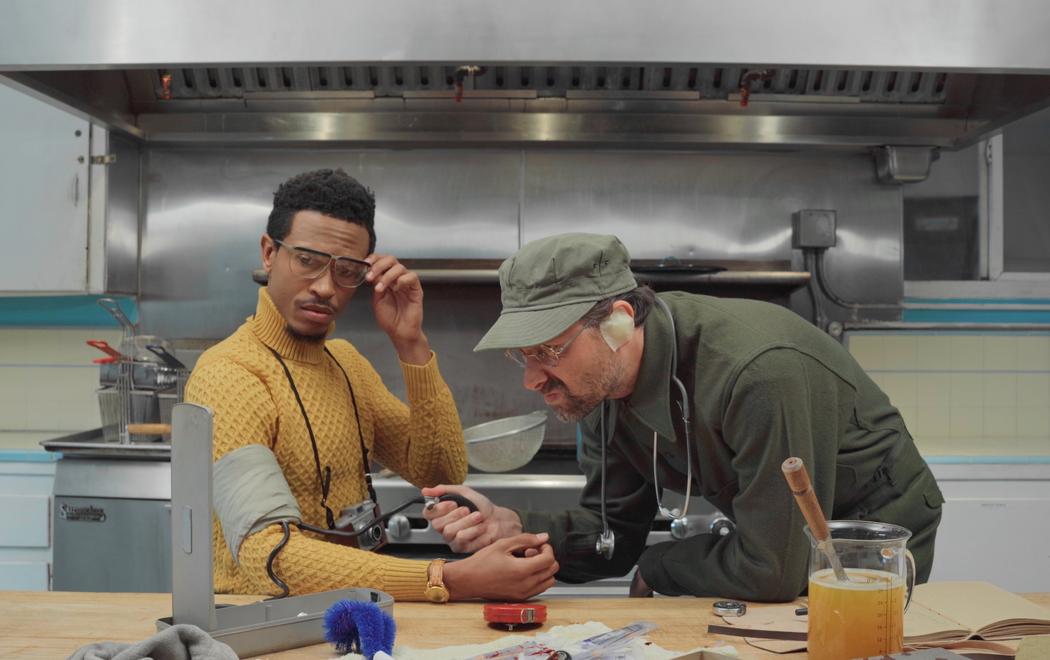Women appear, but on whose terms? In this recording from the Experimenta Archive programme of the 2015 London Film Festival, Lucy Reynolds (artist, writer and Course Leader of MRes Art: Moving Image, Central Saint Martins) chairs a discussion on how women artists are represented in the history of experimental film. Panellists include Charlotte Procter (Collections Manager of LUX & Member of the Cinenova Working Group), Maud Jacquin (independent scholar and writer) and Mark Williams (Director of CIRCUIT Artist Film and Video Aotearoa New Zealand) and co-curator of the Experimenta screening Joanna Margaret Paul: I am an open window.
Introduction
0 – 4.35 Lucy Reynolds. Quote from Lis Rhodes’ 1979 essay Whose History?
Panel Presentations
4.35-13.10 Maud Jacquin on women film-makers working in the London Film-makers Co-Operative from the mid 1960s to the mid 1990s; alternative conceptions of the body, subjectivity and history.
13.49-27.00 Charlotte Procter on Cinenova; a distribution agency formed in 1991 from the merger of two feminist film distributors Circles and Cinema of Women. Issues in archiving a collection.
27.26-37.10 Mark Williams on Joanna Margaret Paul (1945-2003), a New Zealand film-maker and artist working across disciplines whilst living in the geographical margins.
Panel Discussion
37:00 LR to MJ: Why show this work now? What drew you to the work? How to bring it into dialogue with contemporary artists?
41.50 LR to CP: What are young practitioners finding in the Cinenova collection?
43:00 MJ/MW: on inter-disciplinary nature of women working in the 1970s.
44:42 LR: cites Guy Brett on the distinction between life and art.
46:00 LR: On the question of why it was necessary to establish distribution and representation that was/is for women only.
47:40 LR: How to find women’s work? MW on working with Archives and issues with cataloguing.
48:50 LR: Why the struggle for institutional advocacy? Corresponding danger of work being subsumed into institutions.
52:30 Is the museum a good space to show experimental film works?
55:00 How does the contemporary art market support the preservation, distribution and accessibility to historical film works? How do female moving image artists feel about their relationship to the art market and the collecting institution? How does this differ from their relationship to self-determined models for exhibition and distribution?
Audience Questions
58.30 (Audience 1) How do we represent historical feminist work in a contemporary institutional context and innately embody feminism?
62:00 (Audience 2) With Joanna Paul’s work how do you release something so personal to the marketplace?
65:32 (Audience 3) In the 1970s how did women extend the paradigm of experimental film?
68:30 LR: What does contemporary feminist scholarship project on the past?
73.00 (Audience 4) How did women artists in the 1970s support themselves financially?
76:00 (Audience 5) What other parallel histories and genealogies of women’s experimental film-making await scholarship?
79.30 (Audience 6) Does exclusion from official histories and movements offer a kind of freedom from ‘the baggage’ of other histories?
81.21 (Audience 7) What kind of challenges are associated with archiving and preserving video as a medium?
86:00 (Audience 8) How do we prioritise what gets preserved?
88:28 (Audience 9) How do we introduce the work of older female artists to younger female practitioners?
93.30 (Audience 10) What kind of writing accompanies the works and in what form, be it essays, cataloguing or other?
101.00 (Audience 11) What other contemporary resources exist for the promotion of film by women?
106:00 Ends.
This Experimenta Archive Talk was recorded at The Blue Room, BFI Southbank, London, Friday 16th October 2015. Thanks to LUX, London Film Festival, Benjamin Cook and Stuart Heaney. See the Experimenta tumblr page for more info. Some of Joanna Paul's works can be viewed on CIRCUIT here. Joanna Margaret Paul: I am an open window was curated by Mark Williams and Solomon Nagler.


